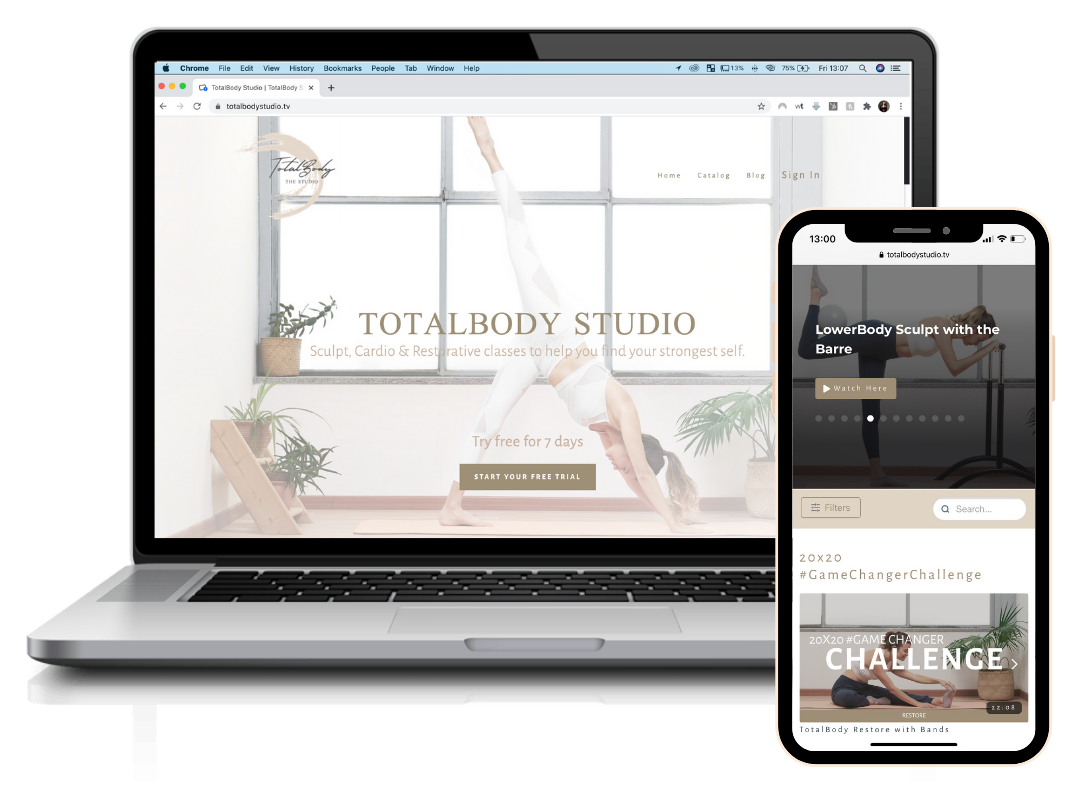
Oftentimes we think that the hardest part in doing an activity is to get started. In my opinion that is a mistake. It’s easy to get excited about something new, set ourselves a new goal. It’s keeping showing up on the mat when you see little to none improvement that is hard. The consistency part is hard. Yet the one that drives results.
So can we achieve consistency with exercise if we weren’t “born with it”? What where we born with can actually give us lots of informations on how we can get there. It is not about lacking motivation. More often than not is lacking clarity.
Let me explain.
When I work with clients I always speak about three things: setting achievable goals, plan ahead for things which might get in the way (the environment we live in, the time of the month, etc), and be aware of what you need to work on to achieve the behaviour desired depending on your personality type.
GOAL SETTING AND WHY OFTEN IS NOT ENOUGH
In my experience we often set ourselves too broad of a goal. Often clients tell me “I want to lose weight”, “I want to get abs”. Although they are committed to work really hard the results of their training won’t show before 6 months to a year. Even when their goals are not the aesthetic kind the gap between immediate reward and long-term or ultimate reward is often too broad.
So how can we set smaller and more achievable goals that will still get us to our desired outcome?
Let’s say for example that your “broad” goal is getting stronger. In order to keep yourself motivated day-in/day-out you you could start by wanting to achieve 10-reps press-up with impeccable technique in 4 weeks. And then 10 chin-ups. And do that with all major compound exercises. If you work with weights a good rule of thumb is tracking your progress by keeping a diary, writing down how many reps you’ve done and using what weight. Then progressively adding weight and subtracting reps. Similar thing with running. Start by running 10 minutes and walking 10 and then build up on that.
THE IMPORTANCE OF ADDRESSING THE ENVIRONMENT AND THE TIMING
The environment we live in plays a huge role in priming us to stick to our exercise routine.
You can’t really say that you’re bad at something if you haven’t set your environment for success. We need to learn to make good habits the most obvious choice. In order to do that we need to make small, non-threatening, sustainable adjustments to our physical, social and digital environment.
Let’s say for example that you wanna start to go for a run everyday. If you were born in a family of athletes, or you live with flatmates that like to go for a run too it’s much easier to do that because the desired behaviour is the normal behaviour around you.
But if you are surrounded by people who don’t like working out it will much harder for you to keep that up. So in order to achieve that you might want to join a community where the desired behaviour is the normal behaviour. There are so many Facebook groups or digital communities that you can join to help keeping you accountable.
If lack of time is what refrains you from exercising everyday but then you find yourself mindless-scrolling for long times on social perhaps you could re-organise the apps on your phone so on the first page you have only fitness/meditation apps – and those will be the ones you see as soon as you open your home screen.
And lastly – timing. Women go through some major hormonal changes through their lives (pregnancies, postpartum changes, menopause) and monthly’s PMS. We know that time of the month will come every month, planning for it can help us avoid disruptions in our exercise routine; perhaps scheduling sessions which are shorter and less intense during that time.
KNOW YOUR STRENGTHS AND WEAKNESSES
Being aware of what kind of personality trait you have is important to know what you need to work harder on in order to achieve your goal. It informs your strategy and allow you to make better choices. And it will help to avoid feeling frustrated if you take longer than your neighbour Susan to achieve a certain goal.
By your personality I mean the set of characteristics that you bring with you regardless the environment you are in. If you are a psychology junkie like me, you might be familiar with the big 5 personality traits (extroversion, agreeableness, openness, conscientiousness, and neuroticism). Each trait represents a continuum. Individuals can fall anywhere on the continuum for each trait.
Those of us who score high on conscientiousness for instance tend to be very organised, disciplined, detail-oriented, thoughtful, and careful. They also have good impulse control, which allows them to complete tasks and achieve goals. For those individuals it will be much easier to stick to an exercise regime than for those who score low on on conscientiousness and may struggle with impulse control, leading to a more spontaneous approach.
Mind that this is not about being better or worse/right or wrong. It is simply recognising who we are and being able to work with it and not against it.
For type of personalities low on conscientiousness would be much more beneficial to have a structured plan they can follow, exercise at the same time each day, perhaps first thing as they wake up so they don’t have time to come up with excuses.
I realise that this is a complete different way to look at the “consistency issue”, much more rational than going for the easy “this is who I am, I simply cannot keep up at it”.
Defining why you are struggling to keep at it, laying out strategies which simplify keeping at it and setting yourself small rewarding milestones or goals where the gap between immediate reward and ultimate reward is not so broad can help you successfully become consistent and make exercise a habit.
I’ve chatted more about this in an interview with actor and model Donny Lewis last Friday 30th October. You can revisit the Q&A on his IGTV Library at anytime.




